In a recent discussion with fellow author Neil Gaiman, George R.R. Martin commented on how adaptations should strive to be faithful to the source material. While Game of Thrones and House of the Dragon are inspired by Martin's writing, fans know how much the shows deviate from the books.
Jon Snow is a perfect example of such changes. As perhaps the most central character in Game of Thrones and Martin's novels, there are some key differences between these two versions of Jon Snow. Some of the changes made seem to make more sense for the show while others seem like a missed opportunity for Jon on Game of Thrones.
His Sense Of Humor
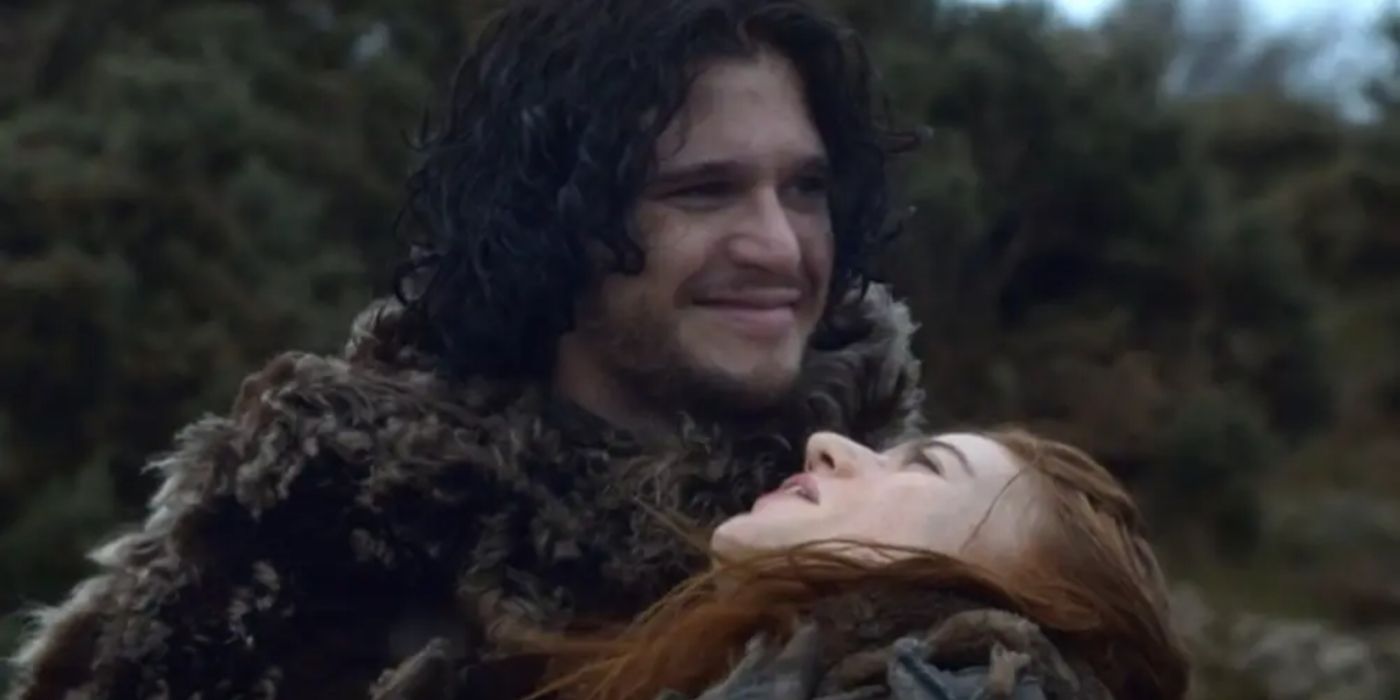
While it would be a stretch to say Jon is known for his humor in the books, he does have dry and acerbic wit, often delivering some shady burns to his adversaries. When one of his Night's Watch brothers suggests that Jon is making them look bad with his fighting skill, he assures the man they were bad long before he showed up.
The show decided to make Jon a much more serious character, rarely ever cracking a joke (or even a smile) throughout the series. It is a shame this aspect wasn't brought over as his sullen nature can make him seem dull at times and some humor might help with that.
His Age
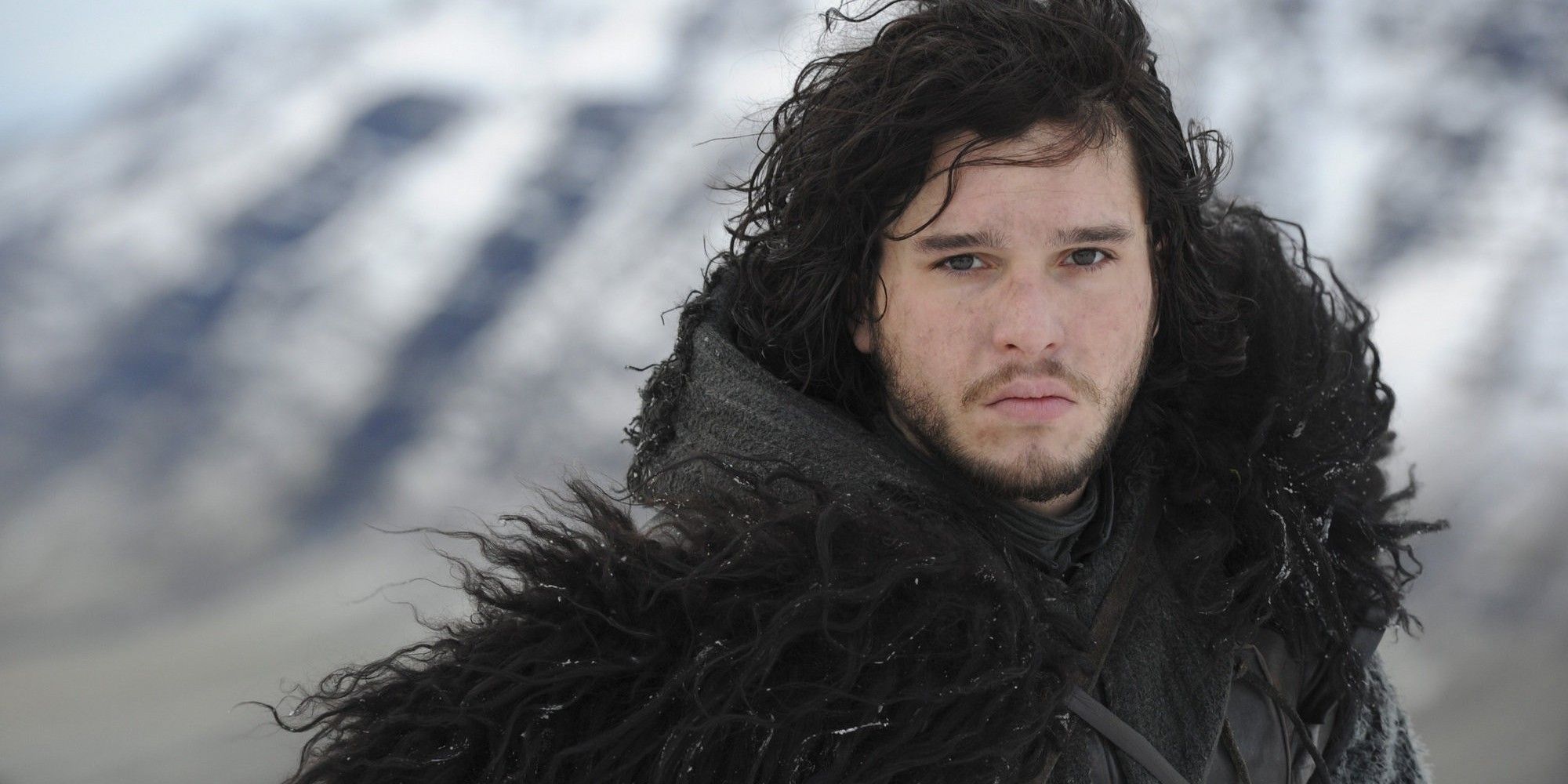
Like many of the other characters in the show, Jon's age is much younger in the books. He is a teenager when the story begins and he is shown growing into a warrior and Lord Commander of the Night's Watch while still being relatively a child.
This is one of the aspects fans feel is better in Game of Thrones than the books. While children would need to learn how to grow up faster in such a life as this, it is just easier to accept all that Jon goes through if he is a young man rather than an older child.
The Prophecy Of Azor Ahai
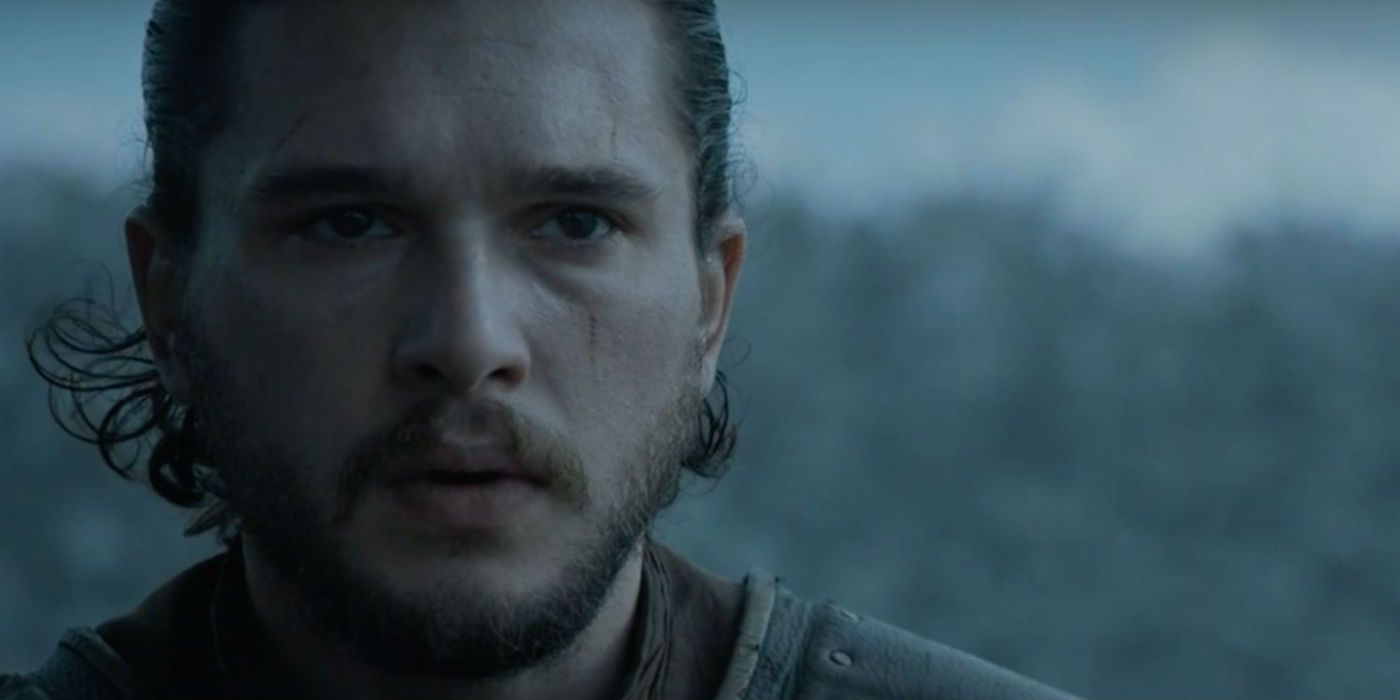
After many hints about Jon's true parentage on Game of Thrones, it is finally confirmed that he is the son of Rhaegar Targaryen and Lyanna Stark. The books drop those hints as well as alluding to Jon being at the center of a larger prophecy about a hero who will save the realm.
The prophecy of Azor Ahai or The Prince Who Was Promised is hardly featured in the show. While such details might bog down the already complicated show, it would have given more purpose to Jon as a character in the last season which was sorely missing.
His Deception Of Mance Rayder
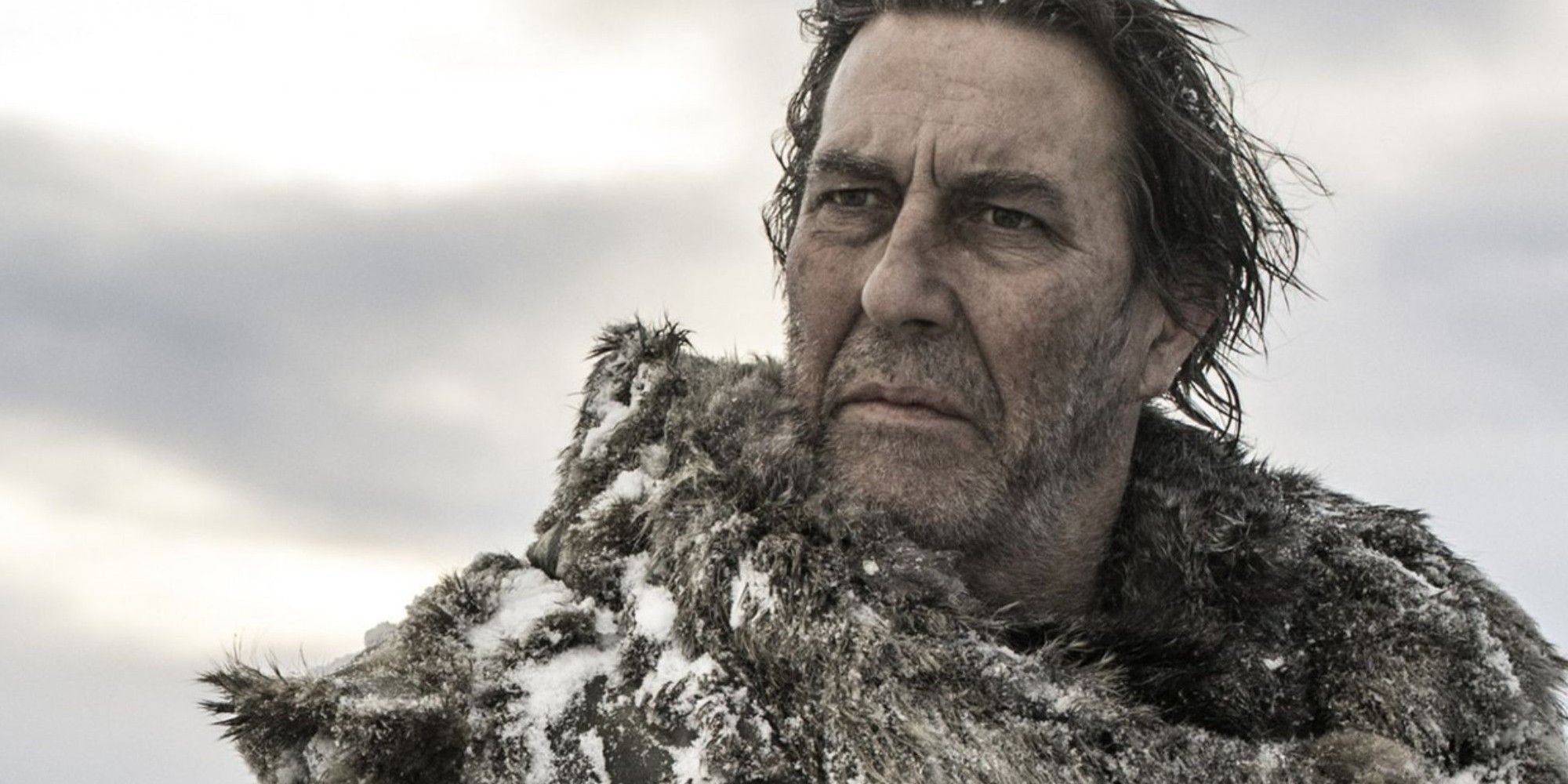
The connection Jon has to the Wildlings is a very important aspect of both the books and the show, even if he originally joined them as a spy. However, how he gains the trust of the Wildling leader Mance Raydar is different.
In the books, Jon tells Mance he wants to leave the Night's Watch because he is mistreated as a bastard. However, Jon in the show tells him that he was disturbed by Lord Commander Mormont's acceptance of Craster sacrificing his children to the White Walkers. It is a small change but helps to blur the lines between who are the good guys and who are the bad guys.
Robb Chose Him As His Heir
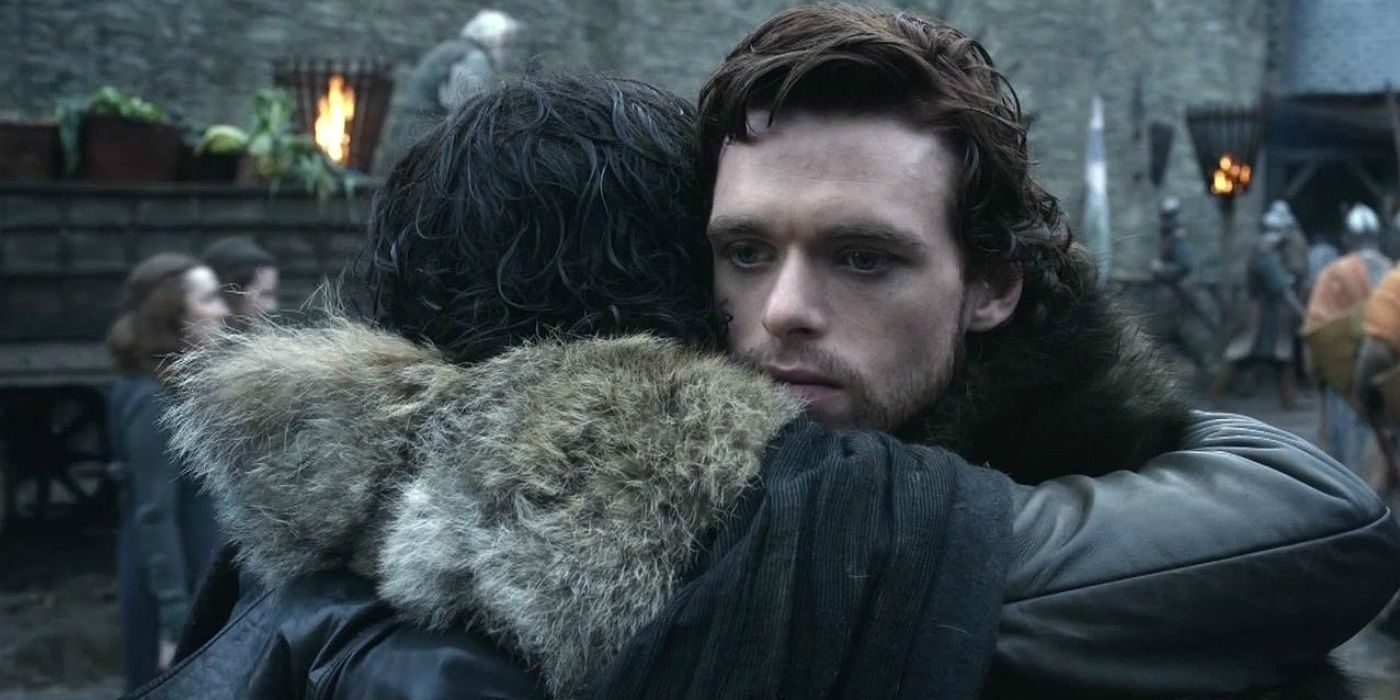
Robb Stark's death at the Red Wedding remains one of the most shocking deaths in television history. It is just as devastating in the books, even if there is a small glimmer of hope that the show didn't include.
Just before the wedding, Robb expresses his plans to name Jon as his heir in the event of his death. This would legitimize Jon as a true Stark while also making him the rightful ruler of Winterfell. The plot point remains unresolved in the books as it is possible Robb's decree is still out there, being kept by his remaining allies.
His Short Temper
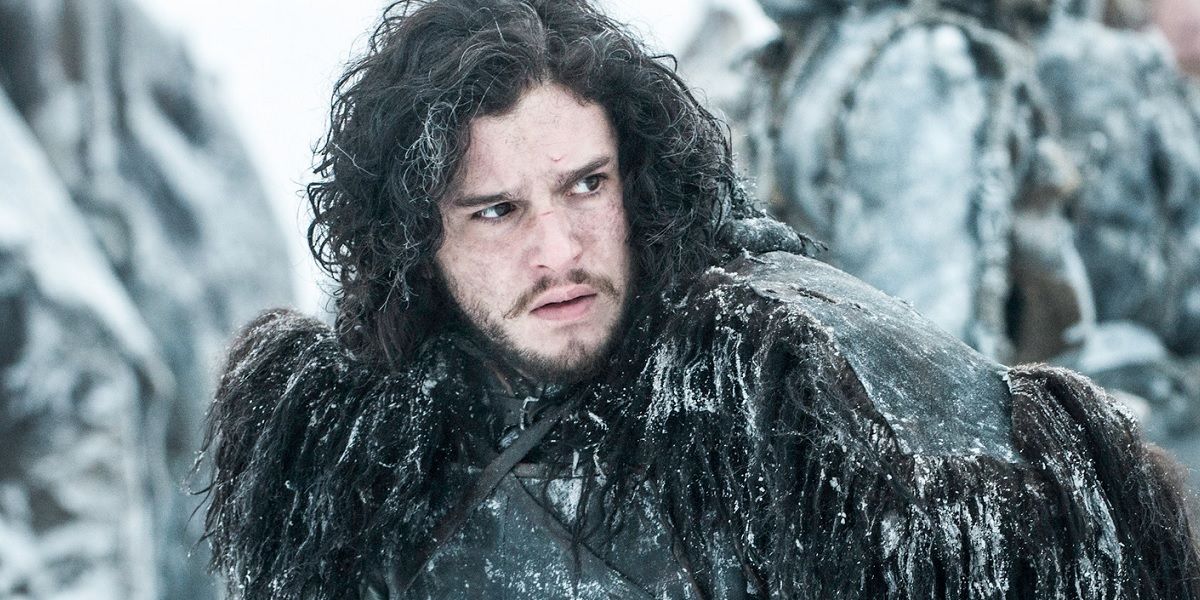
Jon's brooding and sullen nature are seen in both the show and the books. But while he fails to smile very often, Jon keeps a fairly even temper, not losing his cool the way some other characters on the show do.
However, Jon has violent anger underneath it all in the books. Much like the show, he is insecure and easily insulted, but he lashes out in shocking ways. In one instance, Jon is doing combat training at Castle Black when he nearly beats a man to death in a rage. The only time Jon has been seen that way in the show was with Ramsay Bolton, and it was very understandable in that case.
His Ability To Warg
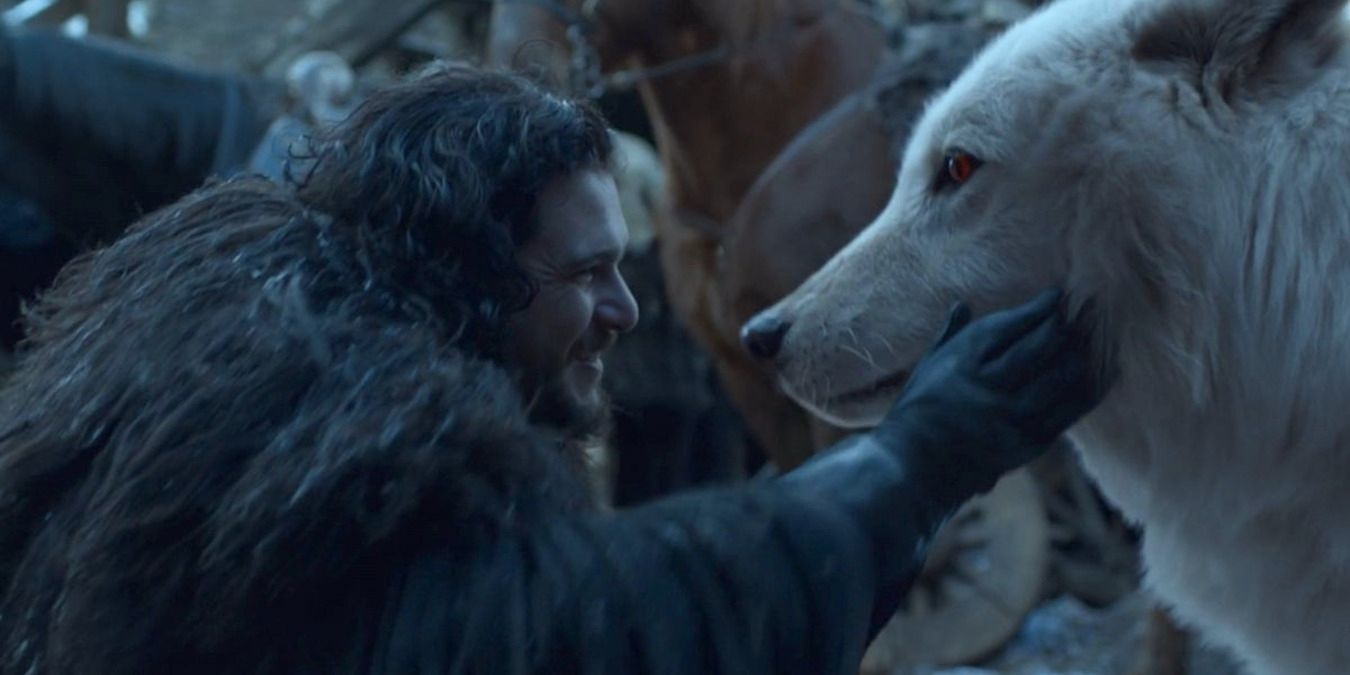
Jon and several of the other Stark children possess the power of wargs in the books. This means they are able to enter the minds of their direwolves and control them. Though Jon is not fully aware of this power and he thinks they are just dreams, it is suggested he might have warged into Ghost after being assassinated in the books.
Wargs are featured in the show, but Bran is the only Stark shown to have the abilities. It is hard to say how it will be paid off in the books, but given the direwolves less prominent role in the series, it is not a necessary detail to have included.
His Assassination
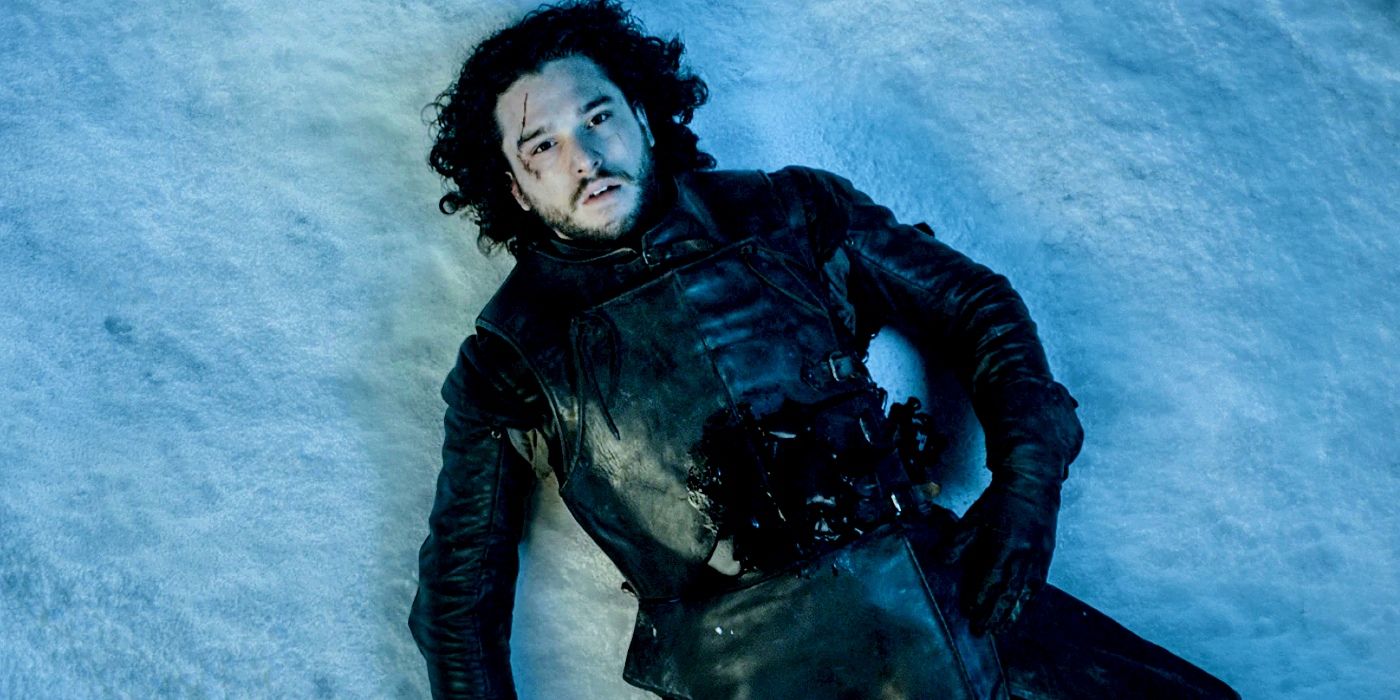
The last fans read about Jon in the books that have been published so far, he was apparently being assassinated by members of the Night's Watch, led by Bowen Marsh. This comes after several controversial decisions for Jon with the last straw being his decision to use the Night's Watch to go to war with the Boltons.
Though there are still questions about Jon's resurrection on the show, the assassination itself was notably changed. The show switches the leader of the mutineers to Allister Thorne, a character who served as an antagonist to Jon for much of the series. The reasoning for the assassination is also a sensible change as Thorne and the others refuse to stand for Jon allowing the Wildlings past the Wall.
He Is A Better Strategist
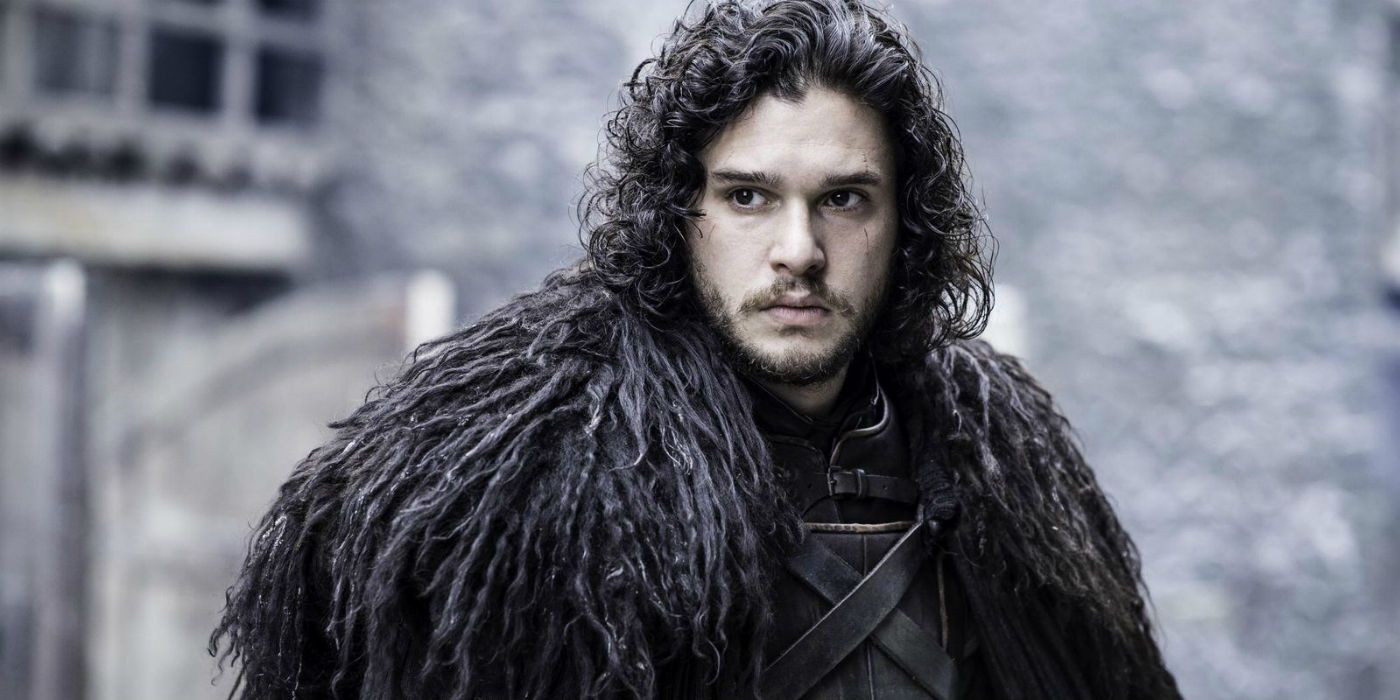
Despite his age in the books, Jon proves himself a keen strategist in many areas. Whether it is the battle to defend Castle Black or in dealing with his opponents within the Night's Watch, Jon makes wise moves and well-thought-out plans.
This is drastically different in the show where Jon is shown to make a lot of foolish decisions. From his charge into battle against Ramsay Bolton to his mission to capture a member of the Night King's army, it is hard to imagine the book version of Jon acting in such an irrational way.
His Willingness To Be Ruthless
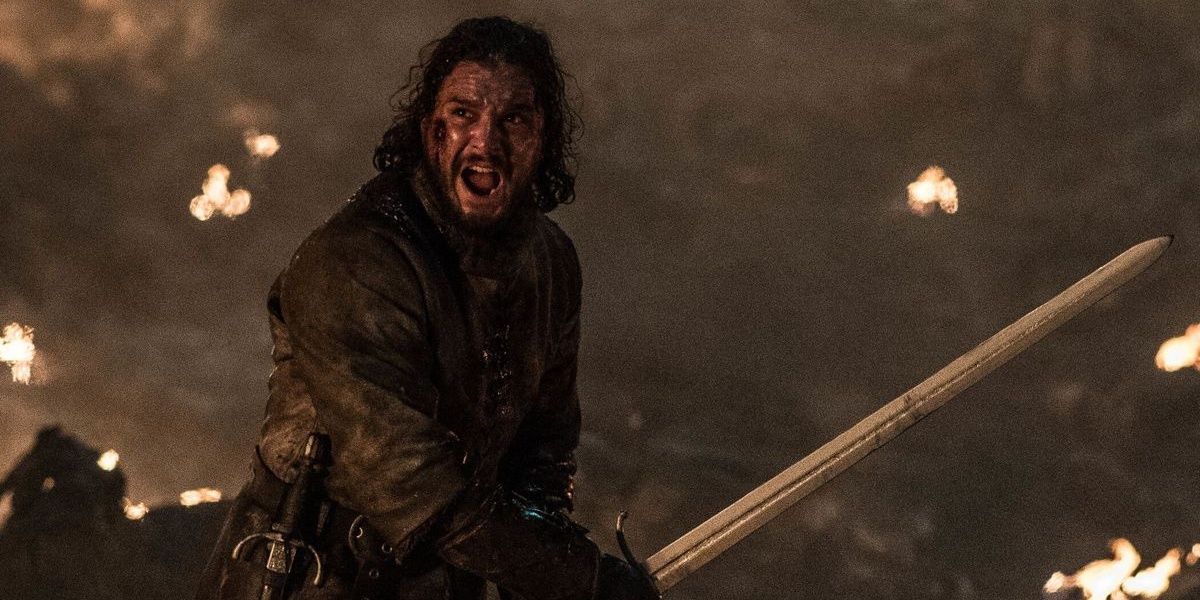
While still certainly heroic in the books, Jon is seen as having a ruthless side to him when necessary. After allowing the Wildlings past the Wall, Jon keeps several key prisoners and hangs the threat of execution out there to ensure everyone stays in line.
The show changes this so that Jon is willing to put himself at risk rather than be seen as cruel. He chooses to trust Tormund to secure the Wildlings. It is an understandable change for the hero of the show, but it would have been nice to see Jon avoiding the curse of being honorable to a fault that claimed the lives of Ned and Robb.
Source:gamerant.com
